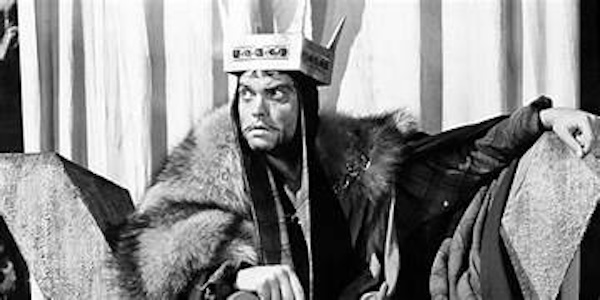I picked Shakespeare’s Sonnet 129 mostly because, at the time, the sonnet’s edgy tone about the drive to tamp down the earthly passions–—something I was personally dealing with at the time!-—cohered to my own struggles. I scrawled the poem in cursive on notebook paper over and over, trying to memorize it, and in memorizing it, it became a part of me—a part of my body, really| Slant Books
My friend and colleague Robert Garis died in January 2001, age 75. Bob was a superb close reader, maybe the best I have ever met, vivid and exact in his responses to literature, and to film, ballet, and music as well. I admired Bob tremendously, his seriousness and intensity, and his joy too, his pleasure in being in the company of exceptional authors, composers, directors, and choreographers.| Slant Books
It’s a pleasure to reread and analyze this first quatrain of Shakespeare’s Sonnet 73, looking at it and listening to it, the puzzles it generates and the questions it raises, and I am tempted to proceed to the rest of the sonnet. But in this post, I have another purpose, and that’s to quote and pay tribute to William Empson’s interpretation of the line about “choirs” in chapter 1 of his 1930 masterpiece of literary criticism, Seven Types of Ambiguity.| Slant Books



